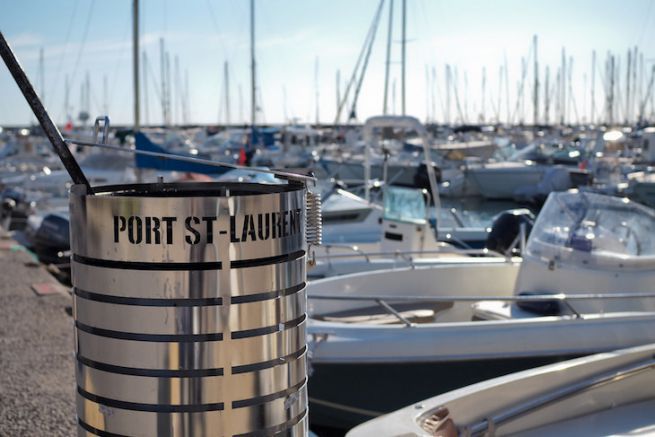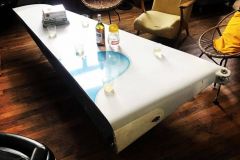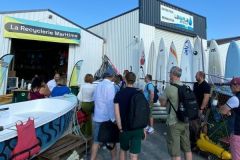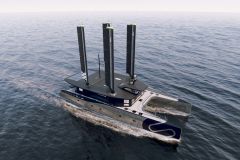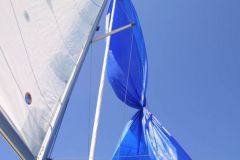euros on board
- Opt for fabric bags, baskets or thick plastic bags to carry your belongings. Bags that are too light could fall overboard. Similarly, when you are in the cockpit, make sure nothing flies away (cardboard or plastic dishes, food paper, bottles, etc.). Store them in the end pockets when you are at anchor and remember to hang or store in the square anything that might fly away.
- Pick up the trash that you can find at sea or on land. Because a small gesture is better than nothing at all. A floating plastic bag can be ingested by a marine animal or get caught in your propeller or block the cooling system of boats and cause engine damage.
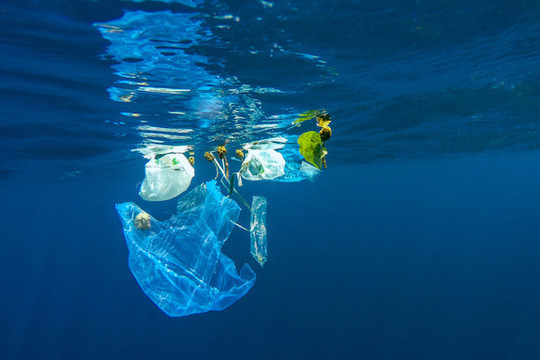
- Dispose of your garbage in garbage bags and if possible sort them out. Store them in a corner a little out of the way, for example. When you return to shore, you will be able to unload them easily in the places reserved for the port.
- Use a pocket ashtray ! For smokers, do not throw your cigarette butts overboard, they stay in the water for several years and can be swallowed by birds. If you don't have an ashtray, extinguish your cigarette before throwing it in the garbage, or in any other container, or store it in your pocket if you are only out for a walk.
- If you can, give preference to reusable materials like marine dishes instead of plastic ones.
- Don't throw your garbage overboard and give priority to recycling.
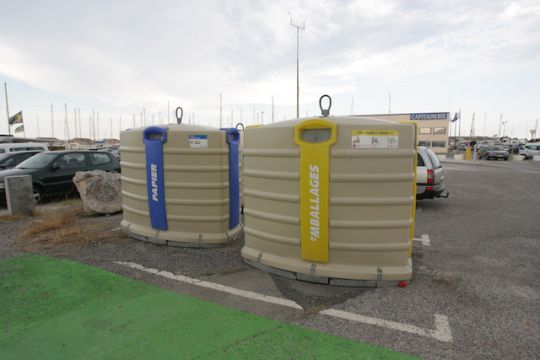
Your boat
- Give preference to black water tanks that concern wastewater from toilets, especially when you sail near the coast. It is not so much the natural risk that predominates, but rather the bacteriological risk for humans.
- Use the slots provided to this effect in the ports to empty your wastewater tanks and banish the wild emptying.
- When you make your fueling be careful not to drop any of it into the water. Preferably do it at the dock, with a funnel if necessary. If you spill fuel on your deck, do not use detergent, the cocktail is dramatic for aquatic life.
- Avoid toxic products to clean your boat. Use clear water and Marseille soap.
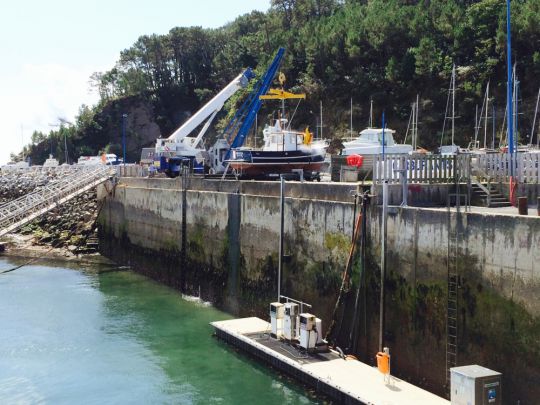
- Choose a cleaning products (dishwashing liquid, soap, household productseuros) biodegradable without bleach or chlorine. You can also find adapted equipments in the ports (washing up bins, toilets, showers)
- Instead, choose the mechanical cleaning of boat hulls (manual stripping, sandblasting, etc.) when the size of your boat allows it, rather than applying antifouling products. These paints contain biocides that have an impact on the environment. If the size of your boat requires you to use these products, be sure to respect the application rates and limit the amount of waste into the environment. Choose an antifouling with the least amount of copper and pesticide, and apply it carefully. When refurbishing, collect all residues from the cleaning process, as many antifouling paints contain pesticides or other toxins.
- For your motorized dinghy, prefer an electric or four-stroke engine rather than a two-stroke engine. You will consume less fuel and reduce noise and fumes.
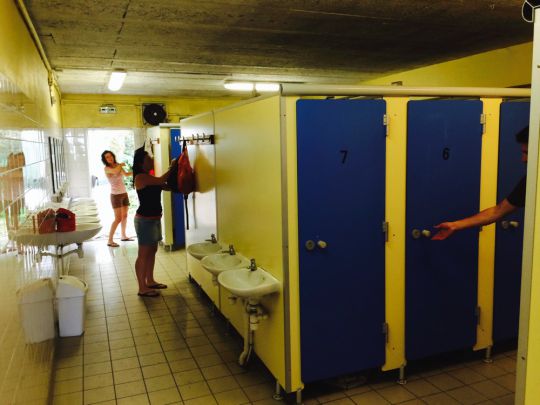

 /
/ 